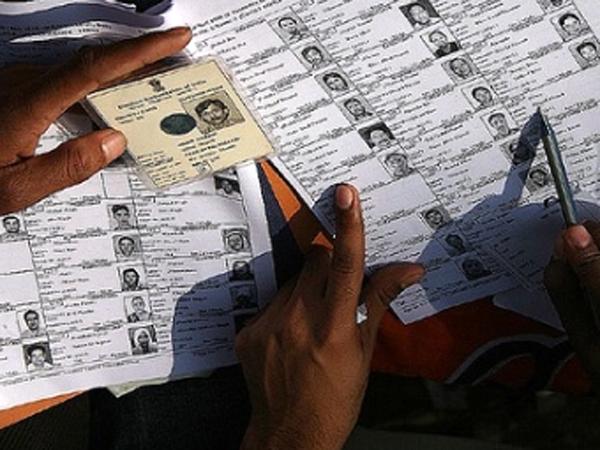
India’s Election Commission has announced the country’s general election will take place in nine phases in April and May.
Polling to elect a new Lok Sabha, or lower house, will be held from April 7 to May 12. Votes will be counted on May 16.
With some 814 million eligible voters, India’s election will be the largest the world has seen.
The ruling Congress party and the main opposition Bharatiya Janata Party will be battling a host of smaller parties.
Leaders of 11 regional parties have formed a Third Front against the Congress and the BJP.
A new anti-corruption Aam Aadmi (Common Man’s) Party (AAP), which made a spectacular debut in recent polls in the capital Delhi, will also contest the elections.
If no single party wins a clear majority, smaller parties could play a crucial role.
India’s lower house has 543 elected seats and any party or a coalition needs a minimum of 272 MPs to form a government.

Some states will hold polls in several phases. The new parliament has to be constituted by May 31.
Chief Election Commissioner VS Sampath said school examination schedules, weather and crop harvesting seasons had been taken into account in deciding the polling dates.
Some 814 million voters – 100 million more than the last elections in 2009 – are eligible to vote at 930,000 polling stations, up from 830,000 polling stations in 2009.
Electronic voting machines will be used and will contain a None of the Above (NOTA) button, an option for voters who do not want to cast their ballot for any of the candidates.
Elections in the states of Uttar Pradesh and Bihar will take place in six phases. Kashmir and West Bengal will vote in five phases each.
Uttar Pradesh is India’s most populous states and one of its largest. Elections in the capital, Delhi, will be held on 10 April.
The polls are being seen as a straight contest between the governing coalition led by the Congress party and the opposition BJP which is being led by the charismatic and controversial Hindu nationalist leader, Narendra Modi.
Narendra Modi, who is ahead in all the pre-poll surveys, is the leader of Gujarat state which witnessed one of India’s worst anti-Muslim riots in 2002.
Incumbent PM Manmohan Singh is stepping down and Congress is being led by Rahul Gandhi, the latest member of India’s influential Nehru-Gandhi dynasty.
India’s polling dates:
- April 7 – 2 states, 6 constituencies
- April 9 – 5 states, 7 constituencies
- April 10 – 14 states, 92 constituencies
- April 12 – 3 states, 5 constituencies
- April 17 – 13 states, 142 constituencies
- April 24 – 12 states, 117 constituencies
- April 30 – 9 states, 89 constituencies
- May 7 – 7 states, 64 constituencies
- May 12 – 3 states, 41 constituencies
- May 16 – Counting of votes [youtube GTbLhfkDMMc 650]